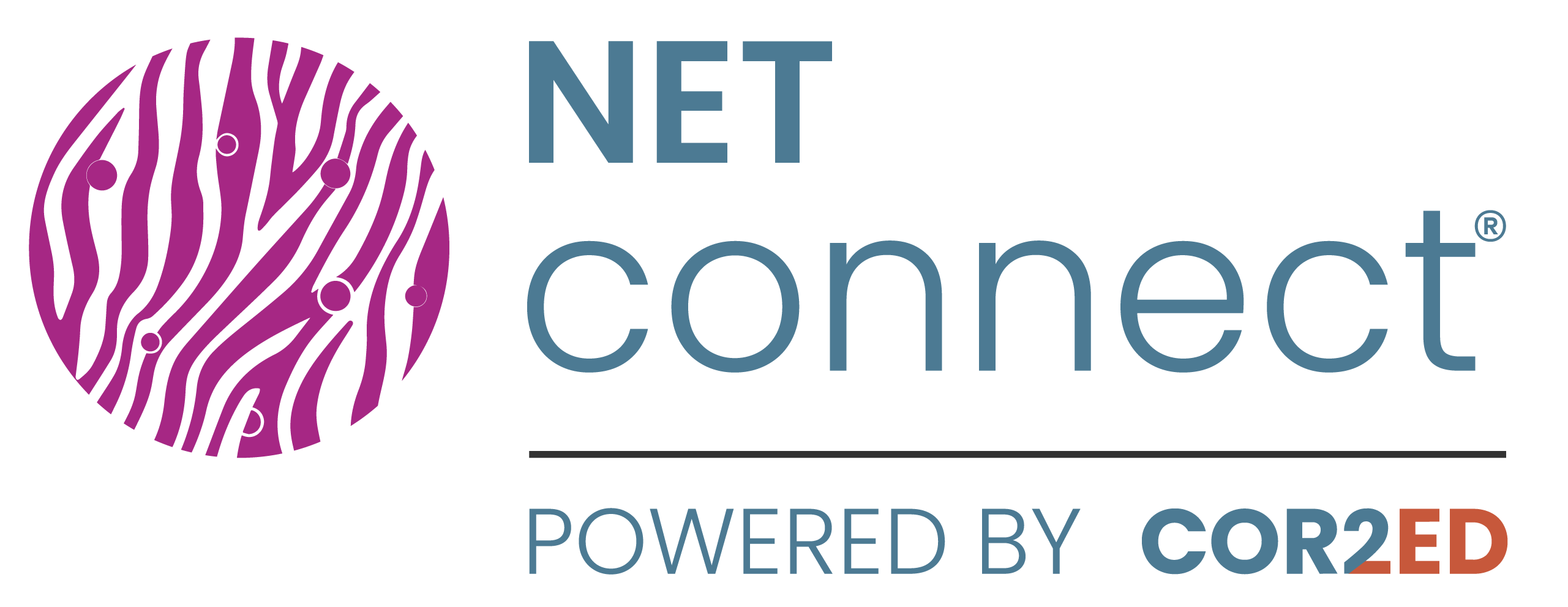Dr Wouter Zandee provides his thoughts on the symptomatic control of functioning pancreatic NET
Video Transcript
My name is Wouter Zandee, I am an Endocrinologist at the University Medical Center Groningen.
And today I will be discussing how to reduce hormone symptoms from functioning pancreatic neuroendocrine tumours (NETs).
These functioning pancreatic NETs are rare but require specific treatment to reduce the symptoms of hypersecretion to increase quality of life.
Symptom Control
Also, symptom control is required to safely perform surgery or to treat with systemic therapy.
In general, two options exist for reduction of symptoms.
First of all reduction of tumour burden can be considered in accordance with the ENETS guidelines. This can be done with surgery, either curative or with debulking surgery or PRRT with Lu177-DOTATATE, and liver directed therapies can be effective.
Specifically, for hormone secretion several options are also available which I would like to discuss in more detail.
First line therapy is generally a somatostatin analogue (SSA) because of low toxicity and proven decreases in hormone secretion.
SSAs can also decrease glucagon secretion, which increases hypoglycemia in small numbers of patients with an insulinoma. So, for patients with an insulinoma the first administration is done clinically.
If an SSA is ineffective in controlling the hormone symptoms, PRRT with Lu177-DOTATATE is especially effective for patients with functioning pNETs. It has a symptomatic response rate of 71% and increases the quality of life for these patients.
Also everolimus can decrease hypoglycemia in patients with an insulinoma.
In case series sunitinib has been prescribed to decrease diarrhoea for patients with a VIPoma. So, these drugs can also be effective for these patients.
Conclusion
In conclusion, adequate control of symptoms is essential for patients with a functioning pNET to increase quality of life.
Generally, SSAs are first line therapy but if these prove ineffective PRRT can be especially effective in these patients.
Thank you for watching on behalf of NET CONNECT.
Dr Wouter Zandee graduated from medical school in 2010 at the Leiden University with a thesis on the surgical treatment of medullary thyroid carcinoma. Thereafter he started his training to become an internist-endocrinologist. He is currently a fellow in endocrinology at the Erasmus Medical Center, Rotterdam, focusing on several types of endocrine tumors. In the neuroendocrine tumor department he is a sub-investigator of multicenter trials. Concurrently he is pursuing a PhD on neuroendocrine tumors, focusing on biomarkers, treatment of hormonal syndromes (mainly with 177Lu-DOTATATE) and quality of care.
Other programmes of interest
Innovating relapsed refractory multiple myeloma care
Unmet needs, therapy management, and real-world experience
Experts
Assoc. Prof. María Victoria Mateos, Assoc. Prof. Karthik Ramasamy, Assoc. Prof. Elena ZamagniNTRK fusion testing and treatment in pediatric sarcoma
Make decisions for a young patient during his cancer journey
Navigating advanced HCC: treatment strategies beyond immunotherapy (IO)
Module 4: Treatment strategies for patients ineligible for IO or those with progression on IO
Later-line treatment strategies in metastatic colorectal cancer (mCRC)
Rechallenge vs switching





 Downloadable
Downloadable  5 MIN
5 MIN
 Jun 2025
Jun 2025 






